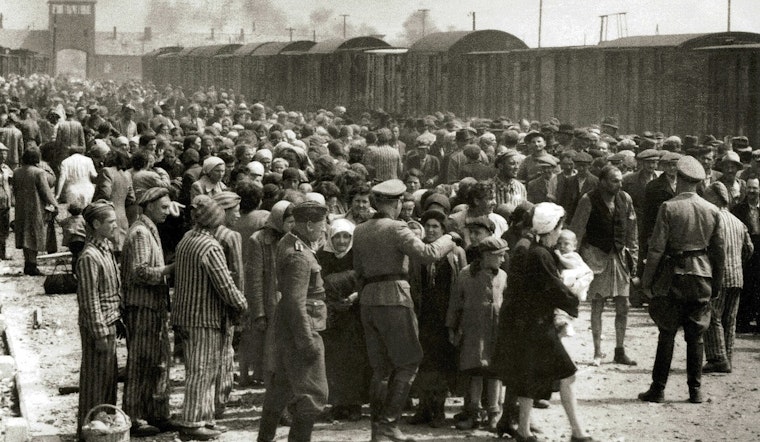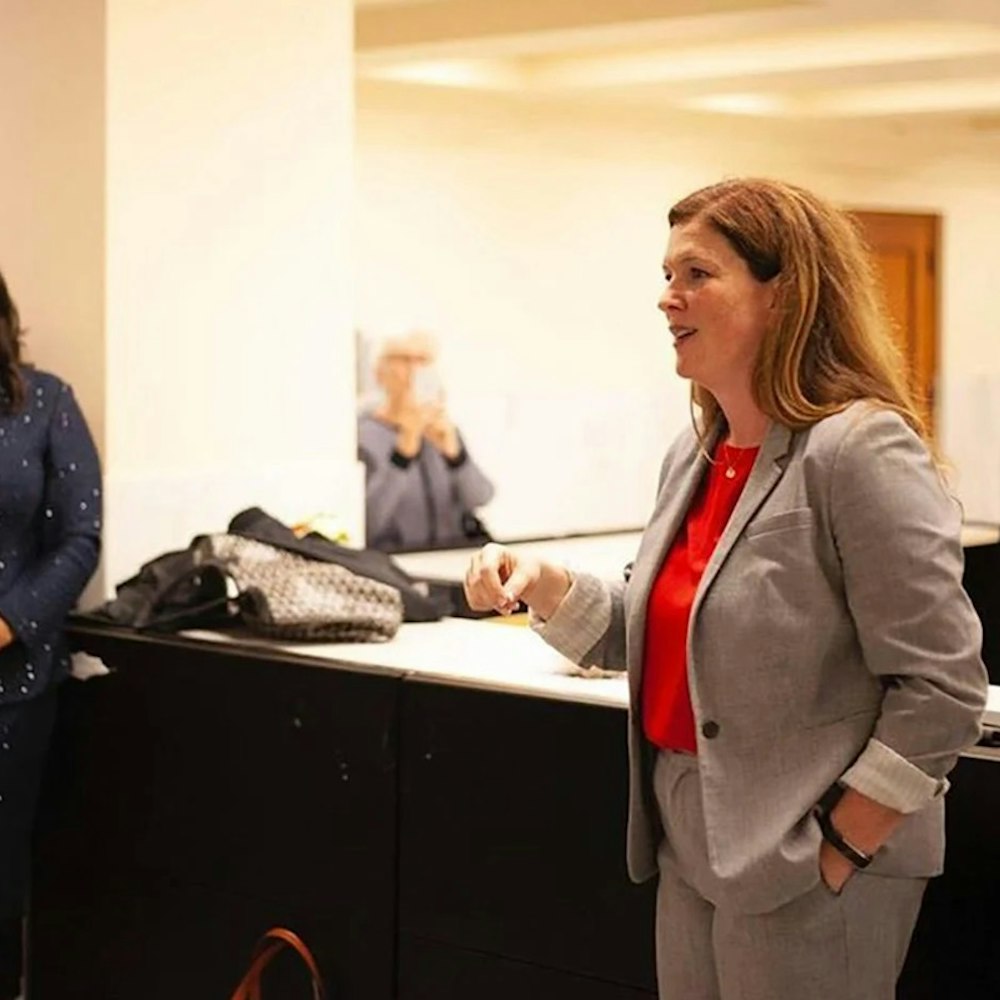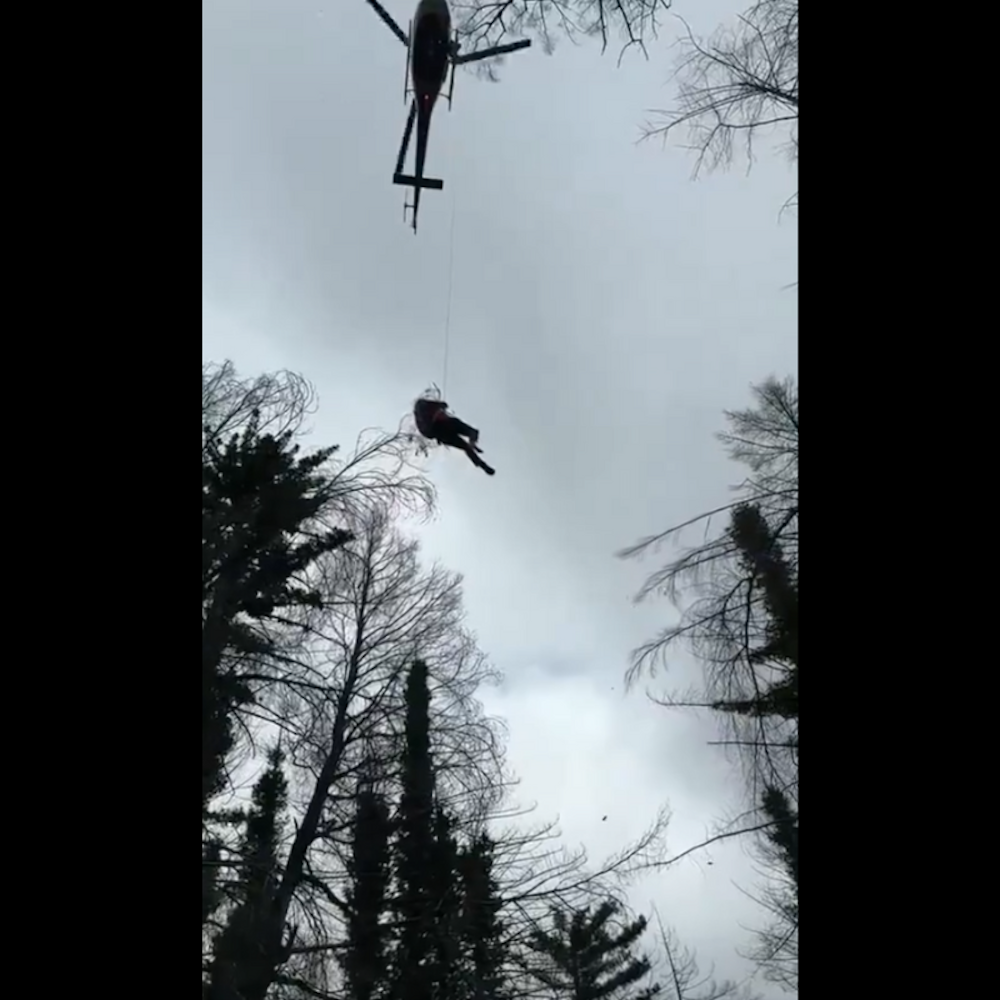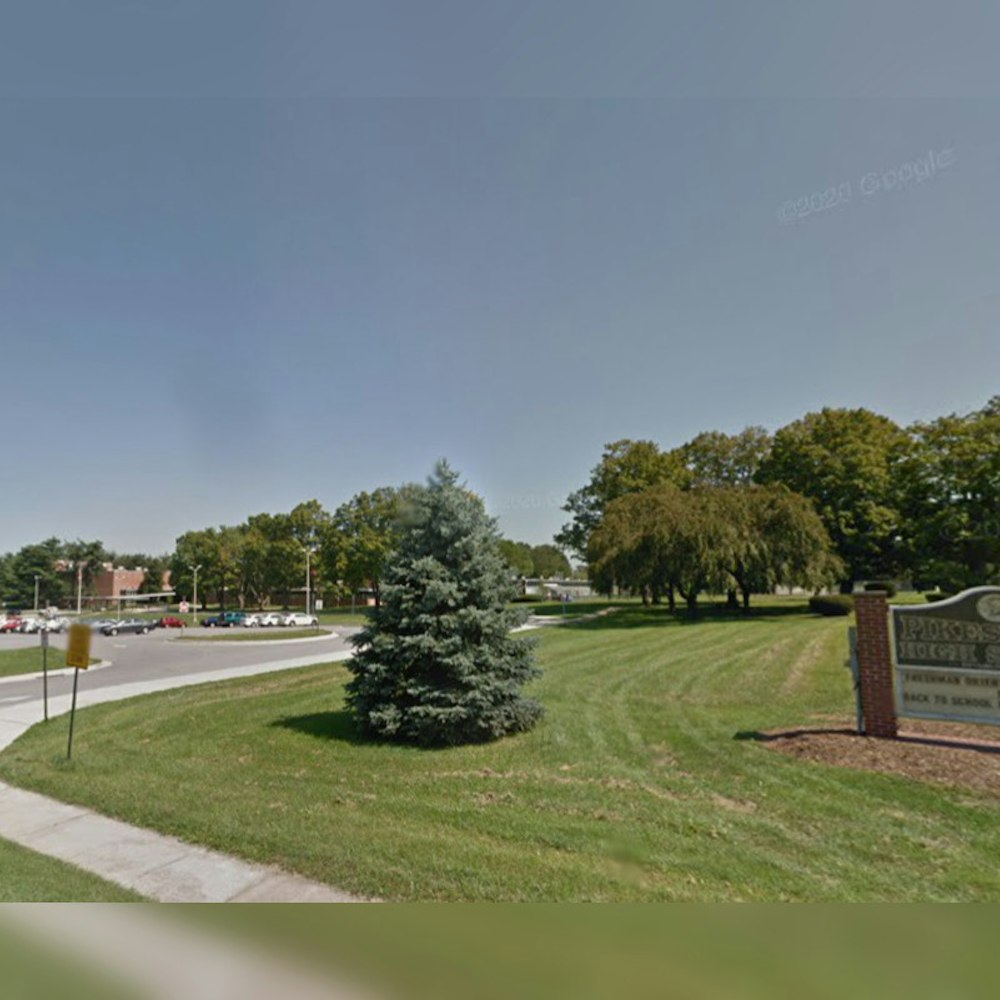
Ben Stern, a Holocaust survivor who defiantly stood up to a group of neo-Nazis planning a march in Skokie, Illinois, in 1977, has passed away at the age of 102. The death of the activist, who became a voice for resistance in the face of hatred, was confirmed by his daughter Charlene Stern, as reported by the Chicago Sun-Times and the New York Times.
In the 1970s, Stern was a resident of Skokie, a community with a significant population of Holocaust survivors, hearing that the National Socialist Party of America intended to rally, Mr. Stern rallied his community instead, refusing to "stay home and close the windows" as per his rabbi's initial advice, he chose to "be in the streets and face it," leading efforts against the march – a stand that gained substantial support and, ultimately, led to the cancelation of the Skokie event, instead, the group marched briefly in downtown Chicago, where they were met with thousands of counter-protesters it was a counter-demonstration that Stern played a key role in organizing, according to statements obtained by both publications.
The fight against the proposed rally was not only on the streets but in courtrooms as well, where the clash over First Amendment rights saw the American Civil Liberties Union defending the neo-Nazi group's right to march, in a series of legal battles that reached the Supreme Court, they stood by the argument that if speech could be stifled in Skokie, it could be anywhere, including places critical for civil rights protests, as the Chicago Sun-Times reported.
Born Bendit Sztern in Poland, Stern survived nine concentration camps and cheated death at Auschwitz thanks to a snap decision to misreport his prisoner number to Josef Mengele, arriving in the U.S. in 1946, he built a new life, eventually owning a dozen laundromats in the Chicago area, his profound life experiences shaping his actions when faced with the prospect of a Nazi rally in his backyard, despite his advanced age, he remained a devoted activist speaking against racism and antisemitism, marching against a white supremacist rally in Berkeley in 2017 a moment he shared with thousands who stood against the ideologies he fought his entire life, as The New York Times captured in their coverage.
Stern's legacy is carried on by his daughters Charlene and Susan Stern, his son Norman, and numerous grandchildren and great-grandchildren, embodying the spirit of resistance and remembrance, as he had insisted, according to a quote by his daughter Charlene Stern in the Chicago Sun-Times, "For what else am I alive? I'm going." Reflecting Stern's determination to participate in life's meaningful moments until the very end.



-1.webp?w=1000&h=1000&fit=crop&crop:edges)
-2.webp?w=1000&h=1000&fit=crop&crop:edges)




